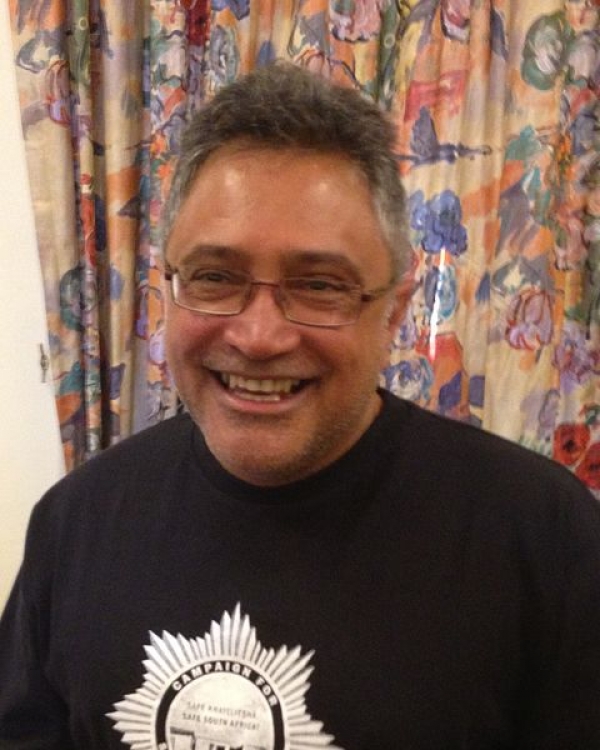Police: Parliament must ask tough questions

It’s annual report season in Parliament, and the new Portfolio Committee on Police is finding its feet. In the first in a series of articles, Zackie Achmat has some suggestions for the committee.
Annual report season in Parliament has started. It is the season of congratulation, self-congratulation and occasionally critical interrogation by Members of Parliament. Government departments appear before Parliamentary Portfolio Committees where their reports are scrutinised, or, as often happens, MPs fall asleep.
Led by the National Commissioner, the South African Police Service (SAPS) will present their report to Parliament. The Portfolio Committee on Police was one of the strongest committees of the last Parliament, under its then Chairperson Annelize van Wyk, insisting that SAPS accounted for its failures.
The new committee led by Francois Beukman is finding its feet and this report season is a good time to talk about whether the SAPS annual report really makes sense.
In 2014, for the first time in policing history, people in a township heard about the daily struggles of detectives who have to investigate murder, rape, aggravated robbery and many other serious crimes. The local SAPS leaders also heard how policing fails the community, victims of crime and bereaved families. The O’Regan-Pikoli Commission of Inquiry into the three SAPS police stations and units in Khayelitsha brought policing in an unequal society to life.
Detective services were one of the main issues addressed by the Commission. It heard the real life experiences of all parties and combined this with hard facts.
Ordinary station and detective commanders testified to the Commission and they also faced rigorous cross-examination.
Colonel Johan Marais, the detective-commander of Khayelitsha Site B told Justice Kate O’Regan and Advocate Vusi Pikoli that “he did not have enough detectives” to deal with the scale of crime.
There are 5,000 open dockets in the branch, which means that each docket-carrying investigator has between 145 and 160 dockets. Colonel Marais explained that some of his murder investigators are carrying as many as 150 murder dockets, which is“definitely not ideal”.
Brigadier Zithulele Dladla explained the difference between being a station commander in Wynberg and Khayelitsha Site B to the Commission:
After having worked one year in Wynberg… I had only three murders for the whole year; but when I started in Khayelitsha I started on Friday, the time I arrived, I arrived at roundabout half past twelve, but there was already a murder for that day, it was the 1st of April, already a murder for that day. And when I worked over the weekend with the members three more murders came in different times.
Colonel Marais explained to Justice O’Regan and Advocate Pikoli what happened on a weekend when there were seven murders in Khayelitsha Site B.
“That whole weekend that investigating officer, those two investigating officers, were busy running from crime scene to crime scene to crime scene, following up leads, we assist them with the other members. On Monday morning, I don’t think it was even 6 o’ clock, I received a call from a very senior officer– I am not at liberty to mention his name maybe after that I may not have a job – but he phones me and he says to me why is that seven dockets not properly written up and I nearly flipped because I know what was put into those cases, I know how much times was spent on those crime scenes.”
What Colonel Marais describes is the daily experience of detectives in working-class communities across the country. There are great detectives struggling hard in a harsh environment and the Commission argued that the system is setting them up for failure.
Parliament must require SAPS to include the knowledge of leaders such as Dladla and Marais as well as constables and support staff in their annual reports. Hearing their voices will improve policing.
Achmat is director of Ndifuna Ukwazi.
Support independent journalism
Donate using Payfast

Don't miss out on the latest news
We respect your privacy, and promise we won't spam you.
Next: Police’s Firearms Registry contract probed by Hawks and other stories
Previous: Joe Slovo residents “too young” for houses

This article is licensed under a Creative Commons Attribution-NoDerivatives 4.0 International License.
